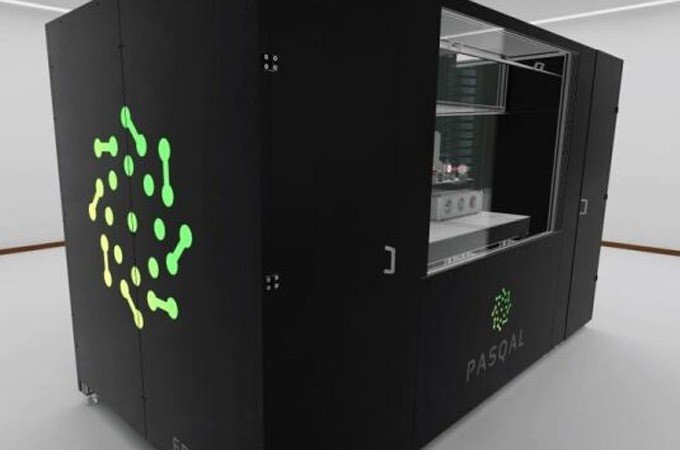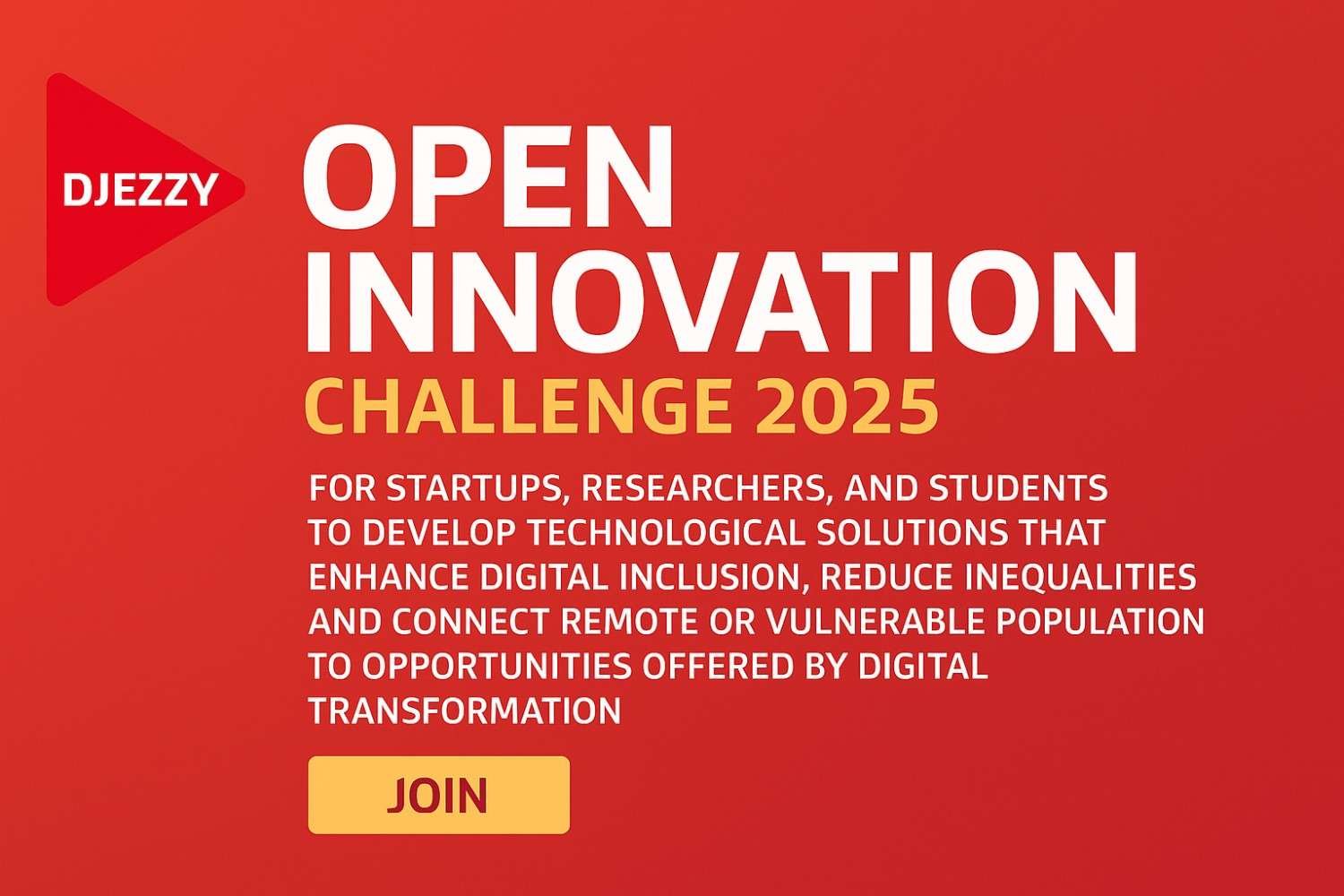King Abdulaziz City for Science and Technology (KACST) is collaborating with Aramco and the Saudi Data & AI Authority (SDAIA) to establish a Quantum Valley in Saudi Arabia. The project aims to operate the Kingdom’s first quantum computer, leveraging strategic partnerships with global quantum technology leaders such as IBM and Pasqal.
Dr. Talal bin Ahmad Al-Sudairy, Senior Vice President of KACST for Research and Development, shared this development during the World Quantum Day 2025 event, organized by the Centre for the Fourth Industrial Revolution Saudi Arabia in partnership with KACST. The event brought together a distinguished group of future technology experts, entrepreneurs, and academics from both within and outside the Kingdom.
Dr. Al-Sudairy emphasized that the Kingdom’s future is unfolding now through advancements in quantum labs at KACST, innovation centres in NEOM, and testing at startup hubs. He highlighted the growing ecosystem that brings together academia, industry, and innovation to build a sustainable quantum technology framework in Saudi Arabia.
Dr. Basma Al-Buhairan, Managing Director of the Centre for the Fourth Industrial Revolution Saudi Arabia, noted that quantum science has moved beyond theoretical concepts and is now a key driver in developing practical solutions to meet societal challenges. She also referenced the UpLink challenge, which exemplifies the integration of tech innovators and decision-makers in shaping a more sustainable future.
The event also honored the top 10 startups in the Quantum for Society challenge, launched by the Centre in collaboration with the World Economic Forum’s UpLink platform. The challenge recognized innovative startups that use quantum technologies to address global issues in sectors such as climate change, healthcare, sustainability, and water.
Among the winning startups were German firm Planqc, which is enhancing supply chains and drug development using quantum computing, and UK-based Quantum Dice, which is developing algorithms for better energy efficiency. Other notable winners include the Brazilian company Qnity, which is advancing drug discovery, and the Spanish firm PlanetaiSpace, which uses quantum machine learning for early detection of groundwater depletion.
The event featured a series of panel discussions and workshops focusing on the applications of quantum technology in critical sectors like healthcare, cybersecurity, and communications. The Saudi Society for Quantum Computing also hosted workshops on advanced quantum concepts, such as “entanglement swapping,” and their expanding applications.
This initiative is part of Saudi Arabia’s broader efforts to strengthen its role in future technologies, including the “quantum economy” project, and align with the United Nations’ declaration of 2025 as the International Year of Quantum Science and Technology. The Kingdom’s commitment to advancing quantum technology underscores its vision to lead in the next generation of scientific innovation.















